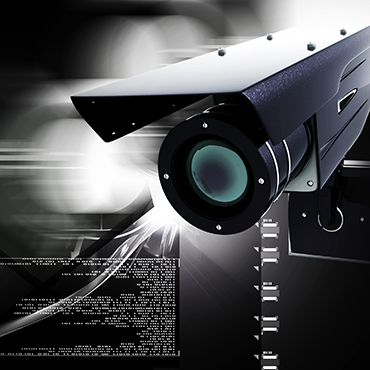White House review group issues intelligence reform report

The 300-page report is aimed at balancing national security concerns with protections for privacy and civil liberties.

The White House on Dec. 18 released the recommendations of an advisory group that call for the overhaul of national intelligence and surveillance activities, including eliminating the collection of Americans’ telephone records and the database maintaining them, as well as establishing new oversight processes.
The Review Group on Intelligence and Communications Technologies, created by President Barack Obama in August after National Security Agency electronic surveillance activities were leaked, issued in a 300-page report with 46 recommendations that its members say will protect national security as well as privacy and civil liberties.
“Because our adversaries operate through the use of complex communications technologies, the National Security Agency, with its impressive capabilities and talented officers, is indispensable to keeping our country and our allies safe and secure,” the panel wrote in the report’s executive summary. “At the same time, the United States is deeply committed to the protection of privacy and civil liberties -- fundamental values that can be and at times have been eroded by excessive intelligence collection.”
The panel recommended that the government not be allowed to collect and store mass personal data for the purpose of future queries, and that either private providers or a private third party, not the federal government, should store any bulk meta-data the government needs, accessible only when justified. The Foreign Intelligence Surveillance Court would face restrictions on compelling third parties, such as telephone or Internet service providers, to disclose private information to the government.
The report also calls for increased transparency to promote public trust, including legislation that would make information about surveillance programs and their activities public.
The group additionally calls for the creation of a new approval process for intelligence activities and for organizational reforms. Under the recommendations, the NSA director would become a Senate-confirmed position, possibly a civilian, and would not be the dual-hatted head of U.S. Cyber Command, as is the case now, with Gen. Keith Alexander.
A new oversight board and a public interest advocate to Congress also are among the provisions, along with reforms to the security clearance process for personnel and to government data security practices.
The report’s release came the same day that the president met with the review board, and White House press officials say work has begun to determine the way forward.
“Over the next several weeks, as we bring to a close the administration’s overall review of signals intelligence, the president will work with his national security team to study the Review Group’s report, and to determine which recommendations we should implement,” a statement from the White House said. “The President will also continue consulting with Congress as reform proposals are considered in each chamber.”


